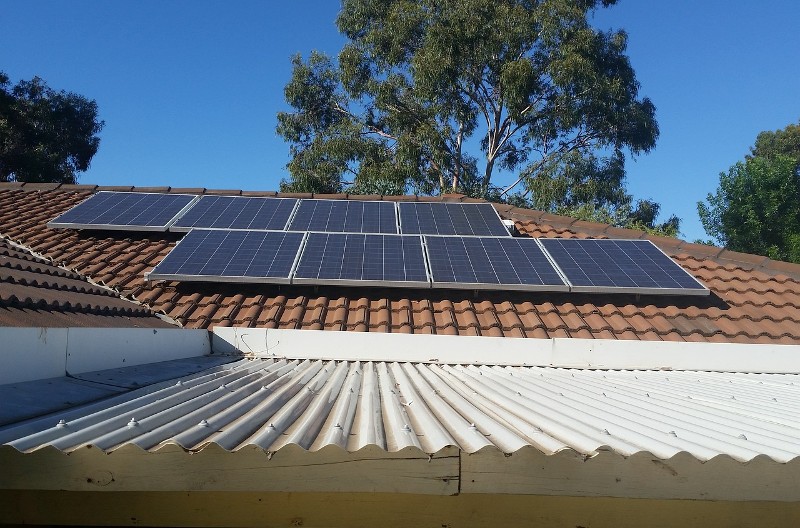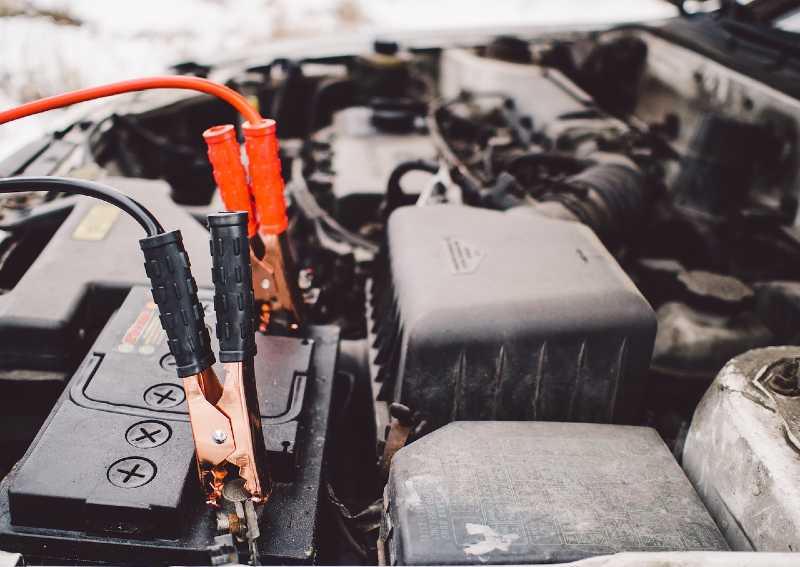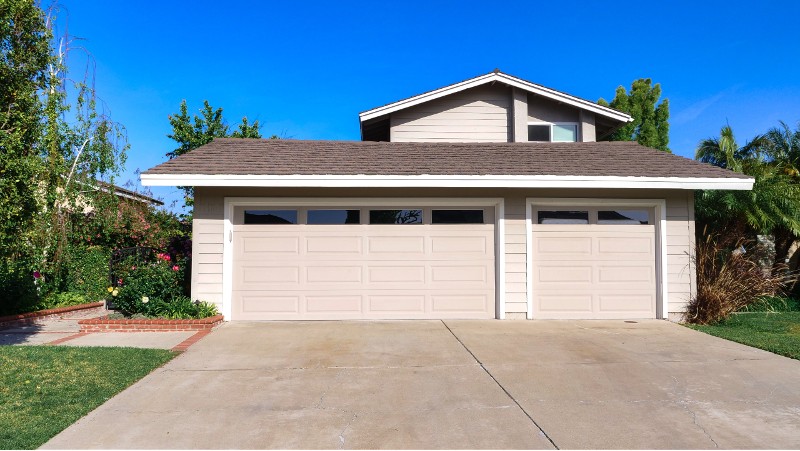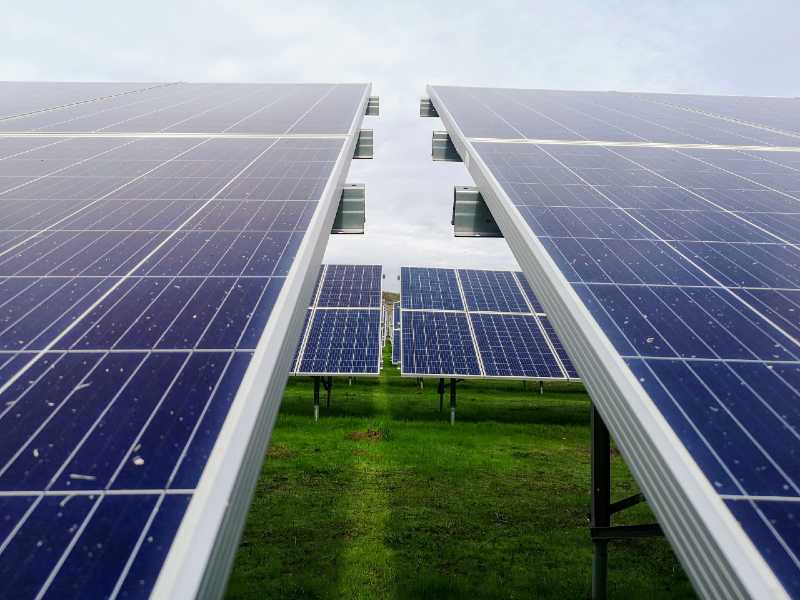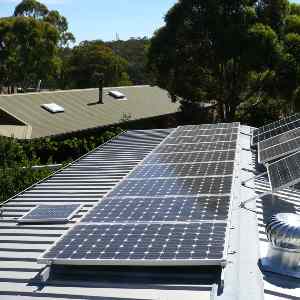In an era where sustainable living is more than a choice—it’s a necessity—many homeowners are turning to solar panels to power their appliances.
But when it comes to heating your space sustainably, how many solar panels would it take to run a space heater?
We need about 5 panels, assuming each panel is 300 watts, to power a 1,500-watt space heater.
However, the exact number may vary based on location, usage patterns, and solar panel efficiency.
So, in this article, we’ll guide you through a detailed analysis of how to calculate the number of solar panels you’ll need for your space heater.
Key Takeaways
- To calculate the number of solar panels needed to run a space heater, determine the heater’s daily energy consumption using its wattage and your daily usage hours.
- Identify your location’s peak sun hours to estimate how much solar energy is available for your panels to convert into electricity each day.
- Calculate the theoretical solar system size by dividing the heater’s daily energy consumption by the peak sun hours to get the system size in kilowatts.
- Factor in real-world conditions by increasing the theoretical system size to accommodate potential losses.
- Determine the number of solar panels by dividing the adjusted system size by the wattage of one solar panel.
How to Calculate the Number of Solar Panels I Need to Run a Space Heater?
1. Calculate Your Space Heater Energy Consumption
Before we get into the nitty-gritty of how many panels you’d need to power your space heater, we need to first calculate the heater’s energy consumption.
To calculate the energy consumption, you need to know the wattage of your space heater, which is usually provided in the specifications of the heater.
Let’s say that the space heater has a wattage of 1,500 watts and you use it for 5 hours a day.
To calculate the daily energy consumption, you can use this formula:
Energy Consumption (kWh) = (Wattage of the Heater (W) × Usage Time (hours)) / 1,000
Plugging in our numbers:
Energy Consumption (kWh) = (1,500 W × 5 hours) / 1,000 = 7.5 kWh
This means that your space heater, with a wattage of 1,500 watts, consumes 7.5 kilowatt-hours (kWh) of energy when used for 5 hours a day.
Related Article: How Do Solar Panels Work? [Step By Step Guide]
2. Find out Your Peak Sun Hours
The energy production of solar panels is closely tied to the duration and intensity of sunlight they receive.
However, sunlight intensity isn’t constant—it varies throughout the day and is influenced by weather conditions.
For instance, solar irradiance, which is the power of solar radiation per unit area, might be as low as 300W/m² at one point and then surge to 1,000W/m² at another.
Given these fluctuations, calculating solar energy production can get quite complex.
That’s where the concept of “peak sun hours” comes into play, offering a more streamlined approach.
Peak sun hours don’t just count every hour the sun is out; instead, they represent the number of hours in which the solar irradiance averages 1,000 watts per square meter.
It’s a cumulative measure, so, for example, if the irradiance is 500W/m² for two hours, that would be equivalent to one peak sun hour.
You can use the NREL calculator to find the peak sun hours for your location.
I live in Los Angeles, California, so I’ll use 6.04 peak sun hours for this example.
3. Calculate Your Theoretical Solar System Size
Now that we know the heater’s energy consumption and the peak sun hours, we can calculate the size of the solar system needed to power the heater.
To find the size of the solar system required, you divide the daily energy consumption of the heater by the peak sun hours.
The formula to determine the system size in kilowatts (kW) is:
System Size (kW) = Energy Consumption (kWh) / Peak Sun Hours
System Size (kW) = 7.5 kWh / 6.04 hours = 1.24 kW
But here’s a thing: this result is just the starting point.
The calculated 1.24 kW is the ideal system size under perfect conditions, which, in reality, are hard to come by.
We still need to factor in some losses due to weather variations, panel orientation, shading, and system inefficiencies.
4. Factor in Solar System Losses
You know, solar panels are a bit like us – they have good days and not-so-good days.
Sometimes it’s sunny, and they perform like champs.
On other days, it might be cloudy, or they might get a bit of shade from a nearby tree, and they won’t do as well.
Now, when we figured out that you’d need a 1.24 kW system to power your heater, that was kind of like calculating it for their best day.
But we want your solar system to power your heater even on those not-so-sunny days, right?
So, what we do is add a little extra to cover our bases – it’s like packing an extra sandwich for a long hike, just in case.
We bump up the size by 14% to make sure you’ve got enough power even when the panels aren’t soaking up the sun at their best.
So, we adjust the system size like this:
Adjusted System Size (kW) = System Size (kW) × 1.14
Adjusted System Size (kW) = 1.24 kW × 1.14 = 1.42 kW
So, with a 1.42 kW system, you’re giving yourself a bit of a cushion.
5. Calculate the Number of Solar Panels
Solar panels come in various sizes, typically ranging from 250 watts to 400 watts per panel.
When planning to power a space heater, we need to select the right number and size of panels to meet our adjusted system size.
To calculate the number of solar panels we need, we divide the total required system size by the wattage of a single panel.
If we choose a common panel size, say 300 watts, the calculation would be:
Number of Panels = Adjusted System Size (kW) / Panel Wattage (kW) = 1.42 kW / 0.3 kW = 4.73
Since there isn’t a way to install a fraction of a solar panel, we round up the number to the nearest whole number.
In this case, we would need 5 panels of 300 watts each to meet the energy requirements.
FAQs
Can Solar Panels Run a Space Heater?
Solar panels can run a space heater, but the number of panels needed depends on the heater’s wattage and the available sunlight.
Can a 100 Watt Solar Panel Run a Heater?
A 100-watt solar panel alone cannot efficiently run a heater since most space heaters require more power, typically around 1,500 watts.
How Long Can a 12V Battery Run a 1500W Heater?
A 12V battery can run a 1,500W space heater for 0.4 hours (24 minutes), and with a total of four 12V batteries, the heater can run for about 1.4 hours (84 minutes).
Related Article: How Much Voltage Can A Solar Panel Produce?
Conclusion
As promised, we’ve covered the essential steps to determine how many solar panels you would need to run a space heater sustainably.
If I could give you only one piece of advice, it would be to always overestimate your needs slightly.
Just like when you pack an extra snack for a hike, having a bit more solar capacity than you think you’ll need ensures that you won’t be left in the cold.
This approach not only offers peace of mind but also maximizes the utility and efficiency of your solar investment.

